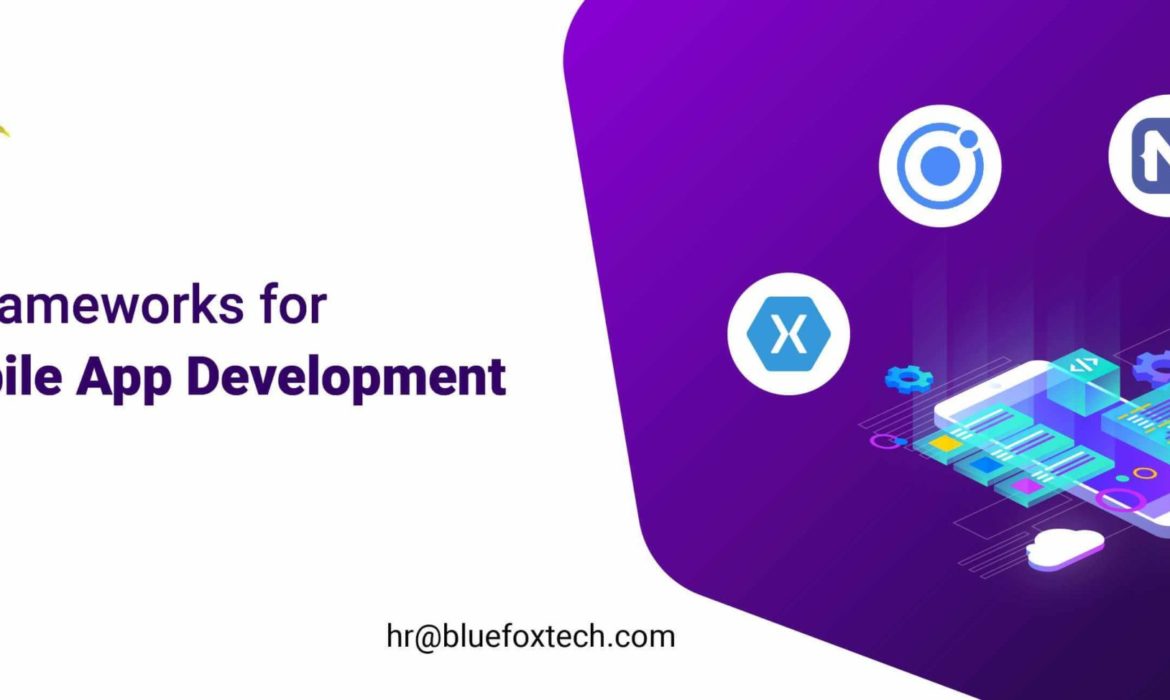The Best Hybrid App Frameworks in 2021
Hybrid apps are a mix of native applications and web-based applications. Where the application’s core is written with web technologies.
In this article, we dive deep into Hybrid App Development and the Top Hybrid App Development Frameworks in 2021.
What are Hybrid Mobile Apps?
This solution is a blend of both native and web solutions. Where the core of the application is written using web technologies (HTML, CSS, and JavaScript), which are then encapsulated within a native application. Through the use of plugins, these applications can have full access to the mobile device’s features.
Hybrid application pros and cons
Pros of Hybrid Apps include:
- Will operate on different platforms.
- Faster build times compared to native apps.
- Cheaper to develop compared to building two versions of a native app for two different platforms.
- Easier to launch patches and updates.
- Can work online and offline
Cons of Hybrid Apps include:
- Variations due to learning development on one platform as an example, if a development team leans their work on one platform, another supported platform may lack in quality, or suffer from bugs.
- The appearance of an application may vary from platform to platform.
- The need to test the application on a range of devices to ensure proper operation.
- User experience (UX) may fall if the user interface (UI) isn’t similar to and well enough designed to what browsers the user is used to.
Let’s check out the Top Hybrid App Development Frameworks 2021
Ionic
It is one of the oldest hybrid app development frameworks. Ionic is a combination of technologies and utilities designed to make building hybrid mobile apps fast, easy, and beautiful. Ionic is built on an ecosystem that includes Angular as the web application framework and Cordova for building and packaging the native app.
Thumbs Up
- Quick development and time to market compared to native iOS/Android apps
- Can be developed mostly in the browser (except for native phone functionality, which you have to debug using a phone)
- Can develop for both iOS and Android at once (with some restrictions such as platform support for styling and plugins)
- Angular, HTML, CSS, and JavaScript skills are (almost) all you need to get started
- Plenty of UI components available and easy to use cards, buttons, toggles, segments, modals, inputs, lists, row/column grid, etc.
- Strong community support
Thumbs Down
- Native plugins aren’t stable and can conflict with each other, but necessary to solve the lack of features available in Ionic by default.
- Debugging an application built on Ionic can be challenging and requires more time because of unclear error messages.
- Builds can randomly crash without any reason.
- Too much plugin dependent
React Native
The second best hybrid app development framework is React Native. It is an open-source UI software framework created by Meta Platforms, Inc. It is used to develop applications for Android, Android TV, iOS, macOS, tvOS, Web, Windows, and UWP.
Thumbs Up
- Produces high-performance hybrid apps
- Third-party plug-in integration is possible
- Less expensive than other hybrid app frameworks
Thumbs Down
- Dependence on Facebook
- Few third-party components
- Insufficient custom modules
Flutter
Flutter is the latest hybrid app development framework that was launched by Google. It is an open-source cross-platform for mobile app development. It is an object-orientated language and is widely used for platforms like Android, iOS, Linux, Mac, Windows, Google Fuchsia from a single codebase.
Thumbs Up
- Speed: It enables faster development and saves a lot of time and effort for developers
- Hot reload: It helps in making immediate changes to the code and enables developers to view the result without recompiling the code. This technique is optimal for the bug fixing process
- Customization and fast rendering: It has a multi-layered architecture and gives complete authority over the pixels on the screen
- Reduced testing time: It has the same code for multiple platforms so it requires less testing
- Same UI: It allows smooth sharing of UI code on all the platforms
Delivers Native performance: It doesn’t rely on any intermediate code interpretation so it increases the performance of the interpretation process
Thumbs Down
- The community of developers is limited to Google and Alibaba employees
- Apps developed are heavier in size than native counterparts
- Fairly new and requires time to mature
Xamarin
Xamarin hybrid app framework was developed by an American company of the same name founded in 2011. It is used to build aesthetically-sound cross-platform mobile apps that run seamlessly on different operating systems like iOS, Android, and Windows.
Thumbs Up
- Native UI features
- Easy API integration
- Excellent code sharing and maintenance
- Code reusability
Thumbs Down
- Comparatively more expensive than other hybrid app frameworks on this list
- Limited exposure to a community of experienced developers
Wrapping Up
The world of Apps is growing. Here we compare the Top Hybrid App Development Frameworks in 2021.

